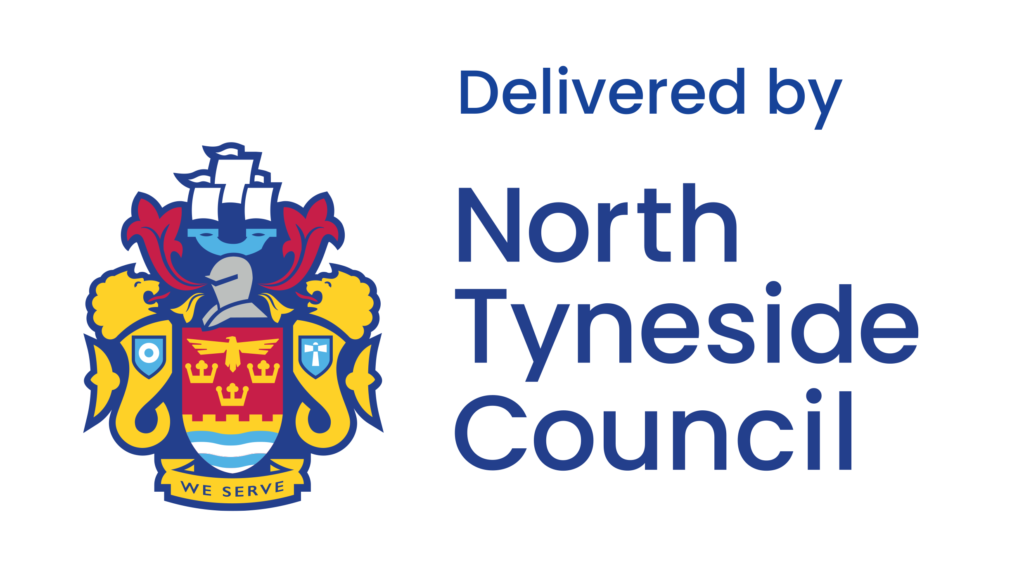Care Coordinator
They take an active role in helping people to remain in their homes and get the support they need.
You will be responsible for coordinating a person’s care across all areas of health and social care as well as housing and employment support, and provide an individualised support, information and signposting service.
Day-to-day activities
Key responsibilities:
- Working with people with a range of needs, dealing with issues such as social isolation, and preventing unnecessary admission to a hospital or care home.
- Visiting people on behalf of a GP or other professional to assess their needs.
- Coordinating care from across different services, including communication and other professionals and community groups
- Assisting individuals to access support and benefits where appropriate.
- Arranging equipment or assistive technology such as pendant alarms, calendar clocks, hand rails and key safes.
- Reflecting on and evaluating experiences of individuals using locally available support.

Requirements for the role
Skills
What you’ll need:
- Planning and organisational skills.
- Good team working skills.
- Digital skills, especially using a computer and assistive technology.
- Good communication skills.
- The ability to motivate others.
- An enhanced DBS (Disclosure and Barring Service) check would be required.
Qualifications
You may also need:
- Level 4 Diploma in Adult Care or Level 4 Certificate in Principles of Leadership, such as team leader or care coordinator.
- When you’re ready to get on into a management or leadership role you might want to do training or a short course to develop your management or other skills
- Many universities and Further Education colleges offer a wide range of short courses, degree courses, and professional qualifications which can support you to develop your career in advanced professional practice and leadership and management.
You should speak to your employer first about doing qualifications and training to help you step up. They might organise and pay for this for you.
Training & Progression
You can also benefit from:
- Progressing to more advanced roles requires more responsibility or greater specialist knowledge and skills, for example you might be expected to implement policies and procedures, problem solve and model best practice.
- Progress to specialised roles such as a social worker or occupational therapist, which involve management and being responsible for ensuring your organisation meets legal requirements, for example a registered manager or CEO.
- These roles can often require a Level 5 Diploma in Leadership and Management for Adult Care or a professional qualification or a degree.
- There are lots of ways to develop such skills, including undertaking new managerial tasks, training and developing other staff and representing your organisation at external events and meetings.
Make the most out of your supervision. If you want to learn and develop make sure your line manager knows.
View our career pathways tool to help guide you with your future in social care.
Browse our learning opportunities page to help get the support you are looking for.
Within a year and a half, I climbed the ladder twice
“A Team Leader job came available in the office and I thought well I’ve only been with the company for nine months and I’ll not get that position, but I’m going to show that I’m willing and that progression is what I want. Eight weeks later a Care Coordinator job came up and I think because of how hard I worked as a Team Leader they could see my potential and I went for that role and here I am four years later.”

